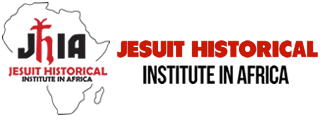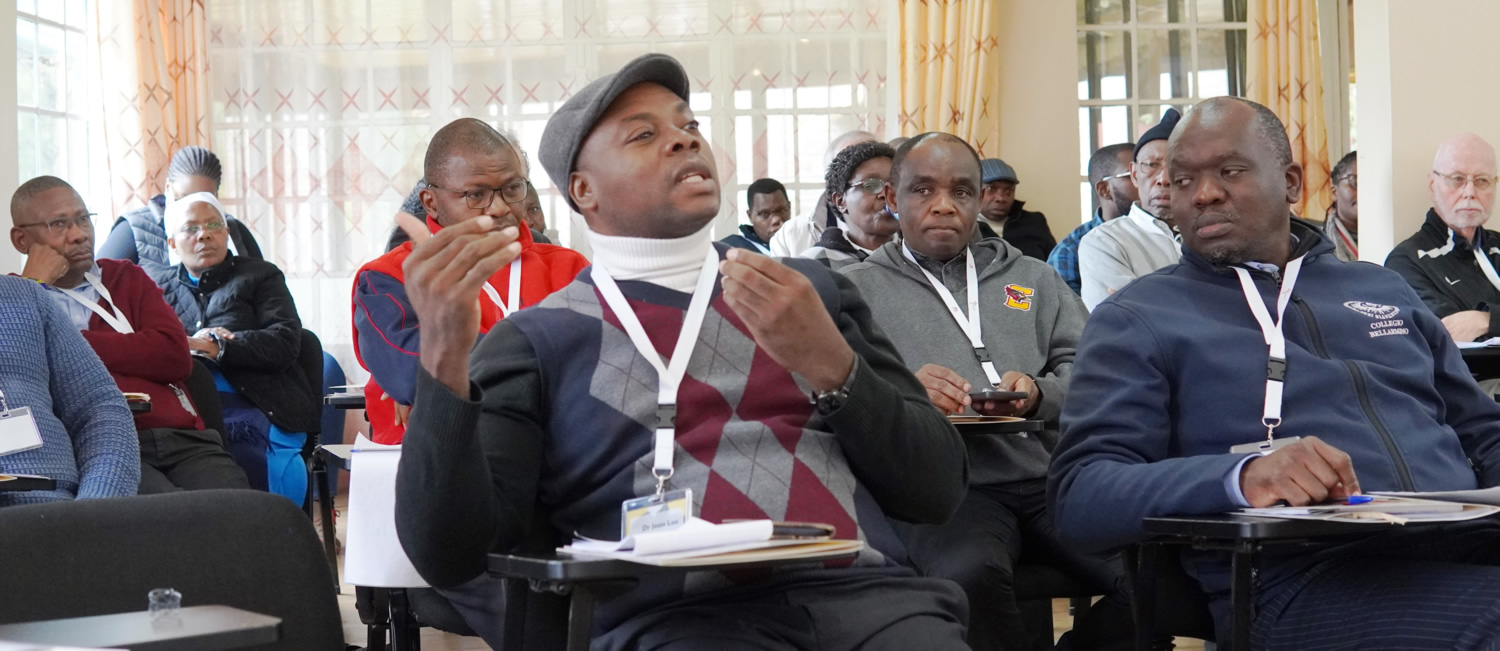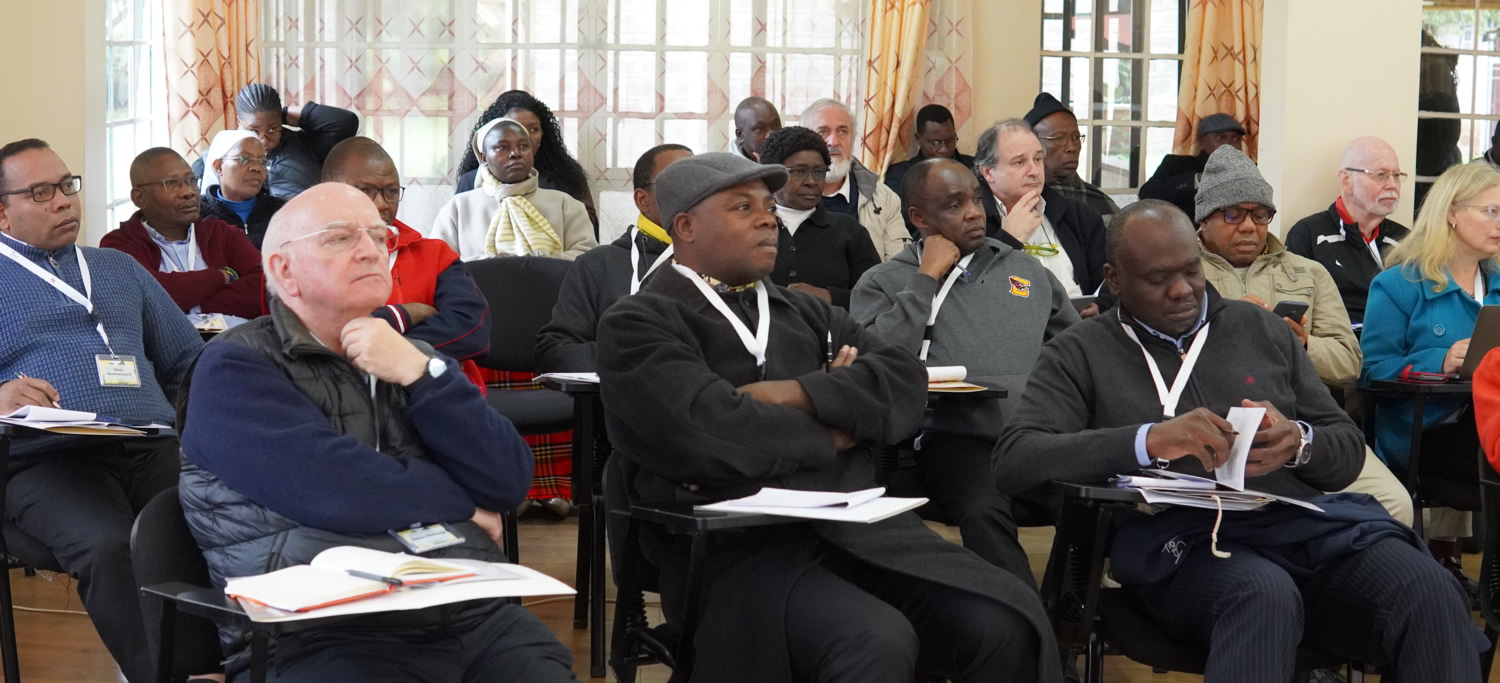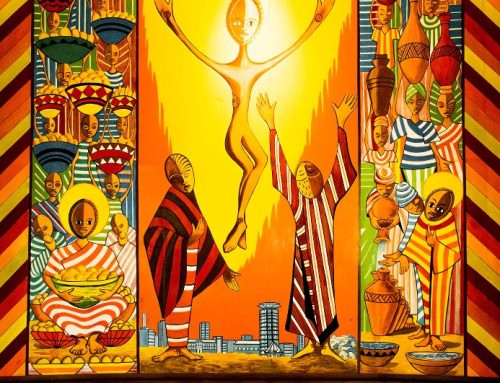The symposium was a great success. The presentations were of high intellectual quality. The practical experiences that were shared and reflected upon allowed us to admire the immense work being done in Africa to appropriate, vernacularize, translate, and popularize the Spiritual Exercises. We were able to appreciate their transformative potential for our lives, our African societies, and the long journey the Spiritual Exercises still have to travel in our hearts, in our often poor and wounded societies, among young Africans very thirsty, but who lack both direction and a source from which to drink living water.
The choice of the theme for the next symposium was therefore self-evident. We must go deeper. Cast the net into deep waters, to act and reflect on what we are already doing to vernacularize and popularize the Spiritual Exercises in the formation of our own, in the accompaniment of young people and the poor, African families, etc. Yet it is precisely this effort of deep reflection that remains a matter of great concern.
It was the second day of the symposium. Small groups had been planned to explore certain aspects related to how the Spiritual Exercises are received, lived, and practiced in Africa. The formation group was full, as was the group reflecting on spiritual centers. A third group, tasked with reflecting on the intellectual apostolate, caused a sense of shock. Out of some fifty participants, only two were interested in this group, and one had to excuse himself at the last minute, leading the moderator of the day to suspend the group’s work.

Fr. José García de Castro, SJ, delivers the keynote address “Drawing Inspiration from the Sources.”
The discomfort was palpable during the plenary session. One of the group’s leading intellectuals, José García de Castro, SJ, was the first to express his great astonishment: “Where are the sources?” he cried out. “Who is taking care of them? Who is studying them? Who is deepening them?” One of the major weaknesses of the Society of Jesus’s apostolate in Africa was thus exposed in the middle of an international symposium. The alarm cry that the Historical Institute has been sounding since the first issue of this Newsletter finally resonated beyond Africa itself, becoming, I hope, the cry of the whole body of the Society and the Church. Africa’s absence in the intellectual production of the Society and the Church can remain a question mark, a tiny comma hidden in the vast number of sources and publications that the Society and the Church have produced.
And yet, this absence, this silence, this negligence — gradually turning into disinterest — could slowly lead to death. The death of an essential pillar of the Society’s self-understanding, and of the deep grasp of its identity by the youngest part of its body. Also, the death of a vital mission of the Society within the Universal Church. For without an intellectually well-formed Africa, a pillar of the Society will inevitably give way under the pressure of the demographic crisis — an important voice the world will never hear, a humanity that will die out from ignorance of its own cradle.
Putting an end to this absence, this negligence, this deadly silence — we cannot repeat it enough — is a common task, a universal task. This voice will become even less audible as access to sources, located in a West increasingly hostile to foreigners, becomes more limited. Research on the Institute will require long journeys, will become more expensive, precisely at a time when the number of Jesuit experts on our Institute is decreasing and making transmission harder. Unless we turn to a secular world that sees in the Society an institution worthy of study, sometimes more than we do ourselves!
The stakes of this situation can no longer be ignored by the whole body of the Society and the Church. Their profound relevance in a changing world, where superficiality continues to dictate its law, depends on it.
In Christo Domino,
By Jean Luc Enyegue, SJ
JHIA-Director




